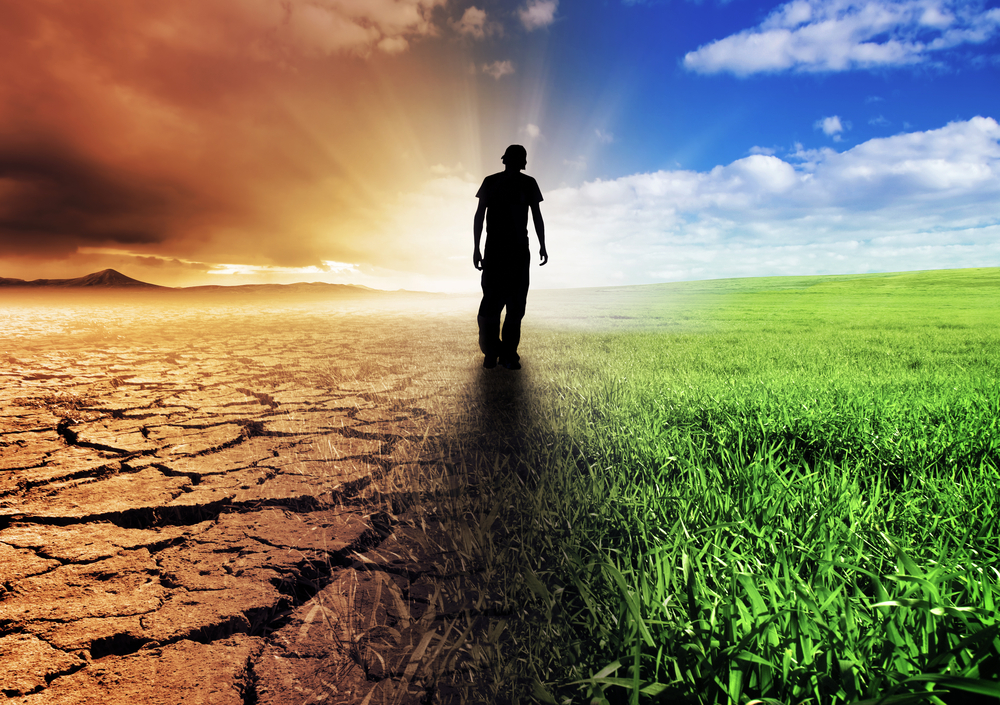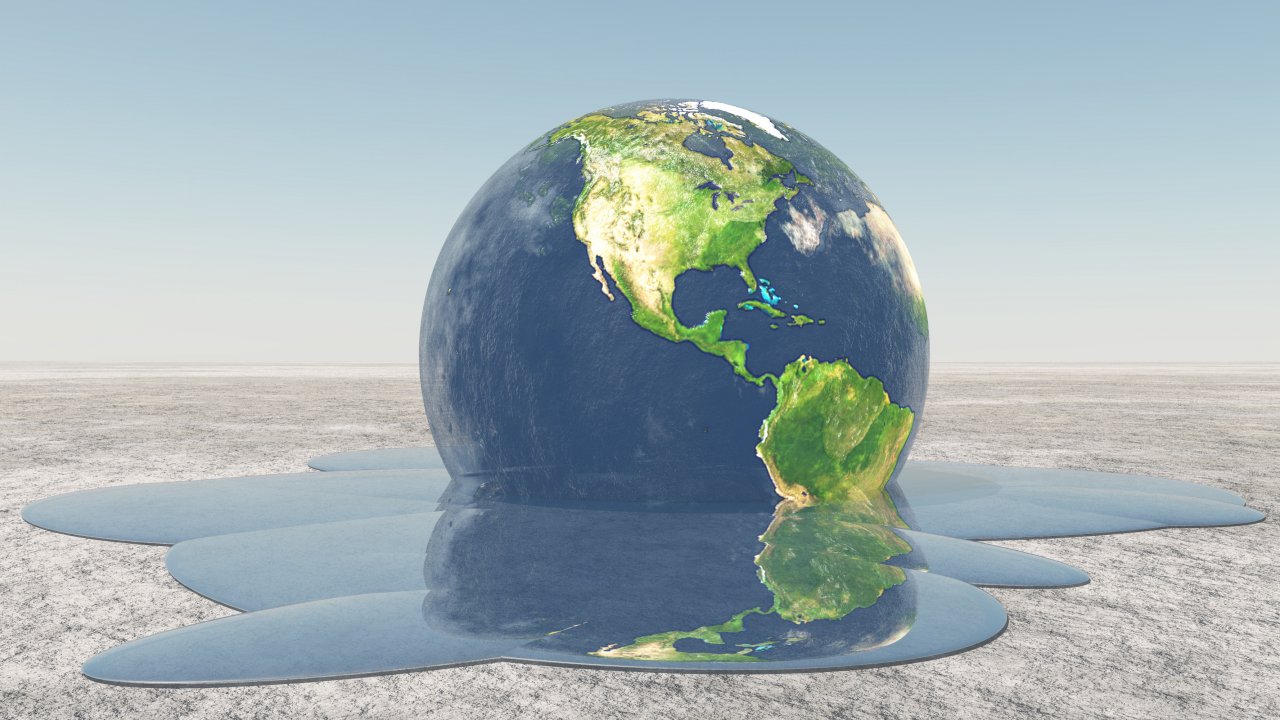Questioner 1: These are strange and unprecedented times. Could we inquire into the connection, if there is one, between the global climate crisis and human consciousness?
Questioner 2: Are you asking, what is the relationship between human consciousness, and the disruption of this planet’s ecosystems?
Q-1: Yes. Since humans obviously have obviously brought about the climate crisis, which is much more serious than the innocuous-sounding “climate change” (though some troglodytes still deny it), what does it imply about human consciousness, past, present and future?
Q-2: That’s a tall order for thinking together. But let’s see if we can gain some insight into it.
Q-1: Is this the right question: Why is the climate crisis also a crisis of human consciousness?
Q-2: Is it because it is generated by so-called higher thought, and thought forms our consciousness? Thought evolved as a mechanism for conscious separation and storage, as an evolutionary adaptation par excellence of the human brain. In itself, that’s not a problem, right? However why was separation carried over into the psychological dimension, where it inevitably produces increasing division, conflict and fragmentation—in nature, culture and consciousness?
Q-1: That’s a long way from the rudiments of the human adaptive pattern, to the ecological crisis humankind faces, isn’t it? Do we really need to trace man’s environmental destructiveness back to the roots of thought?
Q-2: There is a growing crisis, outwardly and inwardly, and the crisis emanates from within us, rather than outside us, doesn’t it?
Q-1: Many people think science and technology, and human innovativeness, can solve the climate crisis. Why can’t they adequately address it?
Q-2: Can we use the same instrument to resolve the crisis that generated it? Some are proposing what they call ‘geo-engineering,’ doing crazy things like launching satellites with massive solar shields to reflect a portion of the sunlight back into space, or chemically changing the composition of the oceans. Don’t such ideas, and the hubris behind believing that science and technology can solve the ecological crisis, demonstrate a profound lack of understanding of the nature and limits of thought?
Q-1: What about religious or humanistic traditions?
Q-2: They’re even worse! Whatever capability these former traditions had to delimit human destructiveness is gone, overtaken by greed and self-centered activity, as well as the sheer pace of change, right?
Q-1: Garrison Keillor read a Wendell Berry poem on public radio today entitled, “Look It Over,” that ends:
It is the earth I’ve come to,
the earth itself, sadly
abused by the stupidity
only humans are capable of
but, as ever, itself. Free.
A bargain! Get it while it lasts.
Is the acute pessimism and wry misanthropy of the poem justified?
Q-2: Justified? If you mean does it reflect what man is doing to the earth, obviously. But do you mean is it the right response?
Q-2: Yes.
Q-1: Misanthropy is never the right response, is it? It’s ourselves as humans we’re talking about, and we can’t separate ourselves from humankind. Doesn’t the poem subtly embody the very separation that lies at the root of the fragmentation that’s ripping apart the earth, by separating a human being enjoying the woods from others destroying it, and humans from the earth itself?
Q-2: Yes, and the poem, as well as Keillor’s reading of it, echo and reinforce a dark sense of hopelessness. Many people feel humans are hopeless, though moronically, many of these same people have children, as some kind of insurance policy for themselves in old age perhaps. But given the depth of the problem, rooted in what we casually call human nature, is there any real hope?
Q-1: Do mean the kind of hope that’s the opposite of despair, or the kind of hope that’s beyond flipping between hope and despair? Is there such a quality?
Q-2: That’s what I’m asking. Is there a way ahead that abides within us even if nothing changes, and man denudes the earth, as Berry implies is inevitable?
Q-1: We humans have the capacity for insight, which is completely distinct from thought, though obviously it can inform thought, such as through scientific discoveries and knowledge. Is the way ahead fully awakening the capacity for insight within us, without turning it into memory, knowledge and experience?
Q-2: That rings true. The brain has had its foundation in thought in one form or another for tens, probably hundreds of thousands of years. Thought being symbol and time, and the identification with clan, tribe and nation. That, with all the psychological memory of the individual and group, is our consciousness. Can it radically change? Does it require a transmutation? Is that possible?
Q-1: Is the state of insight synonymous with the complete stillness and emptiness of the mind?
Q-2: Clearly yes.
Q-1: It’s very difficult to see how we can function effectively, or even function at all, from a state of stillness and emptiness. Would one be able to drive a car and do one’s job, have friends and a family?
Q-2: We’re not talking about a state of perfection, or even what Buddhists call samadhi, which can literally make one temporarily immobile. Isn’t it a matter of intent, of attending and questioning, of doing the ‘spadework’ of self-knowing that allows stillness and silence? Isn’t it simply a matter of awakening insight every day to the extent of one’s present capacity?
Q-1: The noise and chaos of thought have become too much for the human spirit to bear. If one would live and grow, rather than be inwardly dead, what other choice do we have? And if enough people lived that way, wouldn’t humankind begin to know wholeness, and stop destroying the earth?
Martin LeFevre

